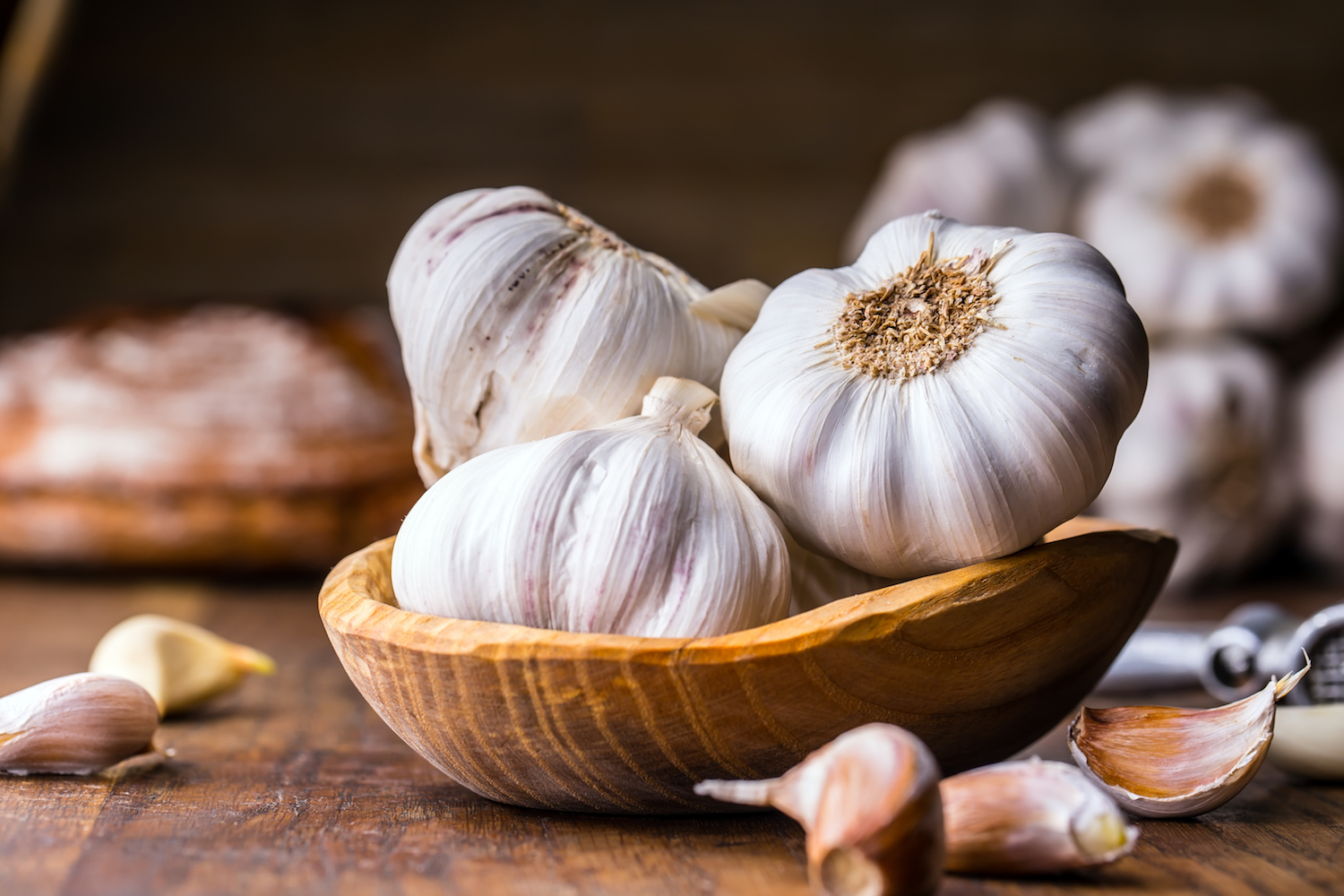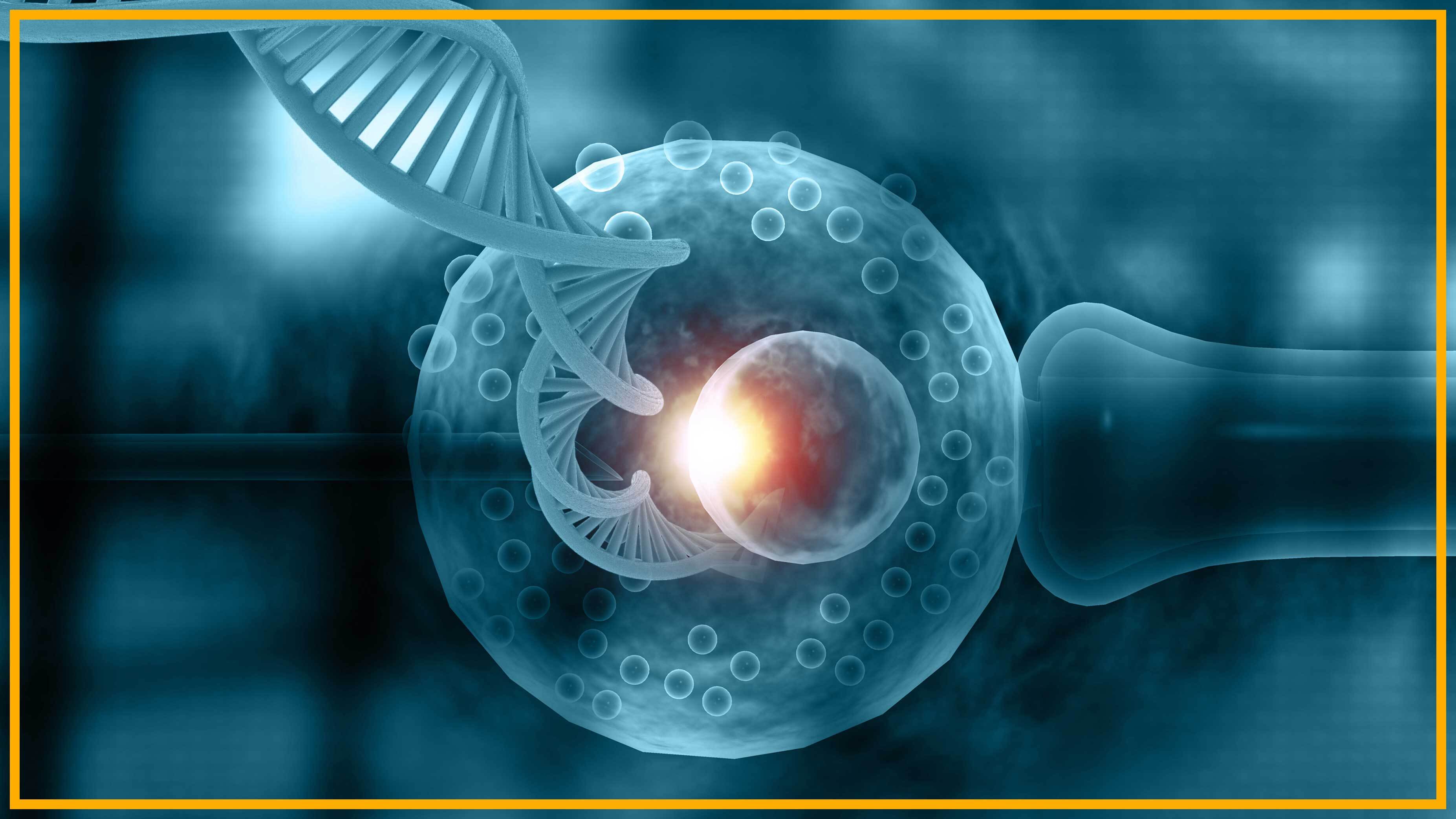Study Reveals Why Raw Garlic is So Pungent

Get the world’s most fascinating discoveries delivered straight to your inbox.
You are now subscribed
Your newsletter sign-up was successful
Want to add more newsletters?

Delivered Daily
Daily Newsletter
Sign up for the latest discoveries, groundbreaking research and fascinating breakthroughs that impact you and the wider world direct to your inbox.

Once a week
Life's Little Mysteries
Feed your curiosity with an exclusive mystery every week, solved with science and delivered direct to your inbox before it's seen anywhere else.

Once a week
How It Works
Sign up to our free science & technology newsletter for your weekly fix of fascinating articles, quick quizzes, amazing images, and more

Delivered daily
Space.com Newsletter
Breaking space news, the latest updates on rocket launches, skywatching events and more!

Once a month
Watch This Space
Sign up to our monthly entertainment newsletter to keep up with all our coverage of the latest sci-fi and space movies, tv shows, games and books.

Once a week
Night Sky This Week
Discover this week's must-see night sky events, moon phases, and stunning astrophotos. Sign up for our skywatching newsletter and explore the universe with us!
Join the club
Get full access to premium articles, exclusive features and a growing list of member rewards.
Cooks know there's a huge difference between raw and cooked garlic. If you've ever gnawed on the raw form, you know it too. What a bite. When cooked, it is mellower.
A new study reveals why.
Raw garlic is full of sulfurous compounds, including a chemical called alliin. When a clove is bruised, chopped, or crushed, the alliin is quickly converted to a chemical known as allicin. That's the stuff that makes raw garlic stingingly pungent. It actually activates two human proteins, called TRPV1 and TRPA1, that interact with pain-sensing neurons in your mouth.
But when the garlic is cooked, the allicin is converted into other sulfur molecules.
The new study found that this change is what results in reduced pungency. The work was done by scientists at the Scripps Research Institute, the Genomics Institute of the Novartis Research Foundation, and the Korea University College of Medicine. It is detailed in journal Current Biology.
Garlic originated in Central Asia. The Egyptian and Babylonians, Greeks and Romans all knew of it. Nearly 300,000 metric tons are now produced in the United States each year.
The unusual combination of chemicals in garlic may have evolved as a way to protect the bulb, which grows close to the surface in arid climates, researchers say. Ticks, mosquitoes, worms and some birds are indeed repelled by the smell.
Get the world’s most fascinating discoveries delivered straight to your inbox.
The study could help scientists figure out ways to suppress the pain sensors involved in tasting the wildness of raw garlic, the scientists said. They did not look into any possible cure for garlic breath, however.
Related Stories
 Live Science Plus
Live Science Plus











